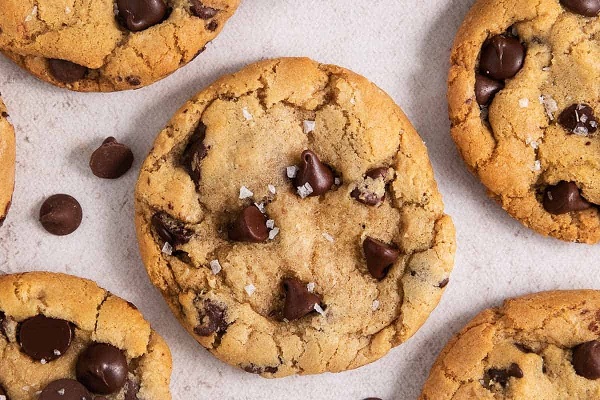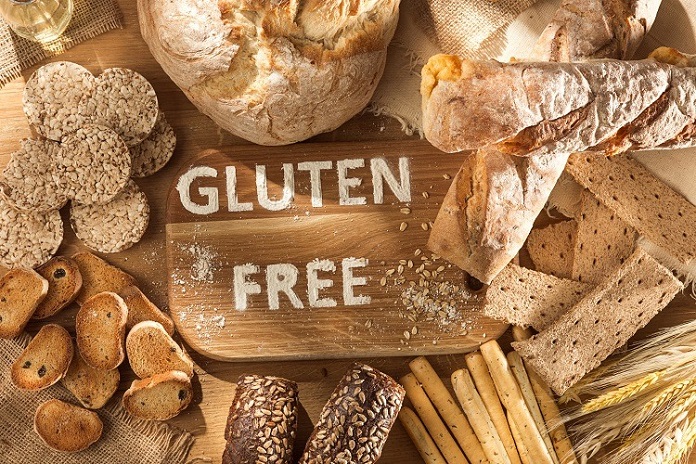Activities For National Gluten-Free Day
Here are some of the activities that you can do on National Gluten-Free Day,
- Host a Gluten-Free Potluck: Invite your friends and family to bring gluten-free dishes try new recipes and demonstrate that gluten-free food can be delicious.
- Educational Workshops or Webinars: Organize workshops that focus on gluten-free cooking, baking, or understanding celiac disease and gluten sensitivity.
- Recipe Swaps: Share your favourite gluten-free recipes on social media. Also, you can also exchange recipes with friends to discover new dishes.
- Visit Gluten-Free Restaurants: Support local businesses by dining at restaurants that offer gluten-free options. Many places might offer special promotions or menus for the day.
- Gluten-Free Food Fair: Organize or attend a fair featuring gluten-free products from various vendors. It’s a great way to discover new brands and products.
- Social Media Campaign: Use social media to spread awareness about National Gluten-Free Day.
- Collaborate with Nutritionists or Dietitians: Arrange for professionals to give talks or offer advice on managing a gluten-free diet effectively.
- Support Gluten-Free Causes: Consider donating to or volunteering with organizations dedicated to celiac disease research and gluten-free advocacy.
FAQs
What is National Gluten-Free Day?
National Gluten-Free Day is celebrated on January 13th to raise awareness about gluten intolerance and celiac disease. It aims to promote understanding, support, and celebration of gluten-free living.
What does “gluten-free” mean?
“Gluten-free” means that a food or product does not contain gluten, a protein found in wheat, barley, rye, and their derivatives. This is crucial for people with celiac disease or gluten sensitivity.
What is celiac disease?
Celiac disease is an autoimmune disorder where the ingestion of gluten causes damage to the small intestine. It requires a strict lifelong gluten-free diet to manage symptoms and prevent complications.
Are gluten-free diets healthier?
A gluten-free diet is necessary for those with celiac disease or gluten sensitivity. For others, there is no inherent health benefit to avoiding gluten, but a balanced diet that includes a variety of nutrients is important for overall health.
What are some alternatives to gluten-containing grains?
Gluten-free grains and flours include rice, quinoa, buckwheat, millet, sorghum, and certified gluten-free oats. These can be used in various recipes and as substitutes for traditional dishes.
Also, read more about National Coffee Break Day – January 20, 2025

